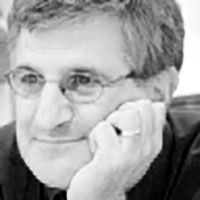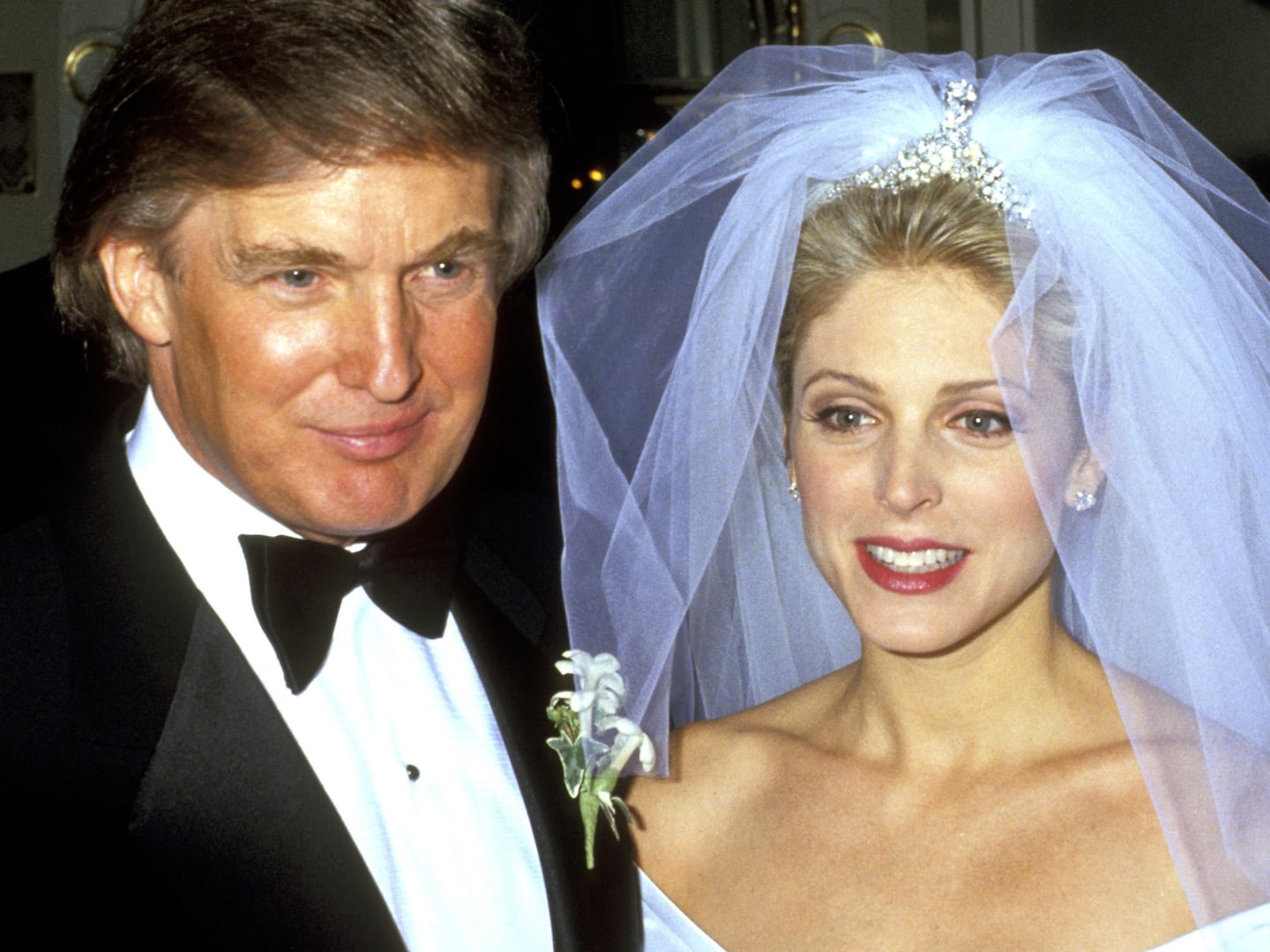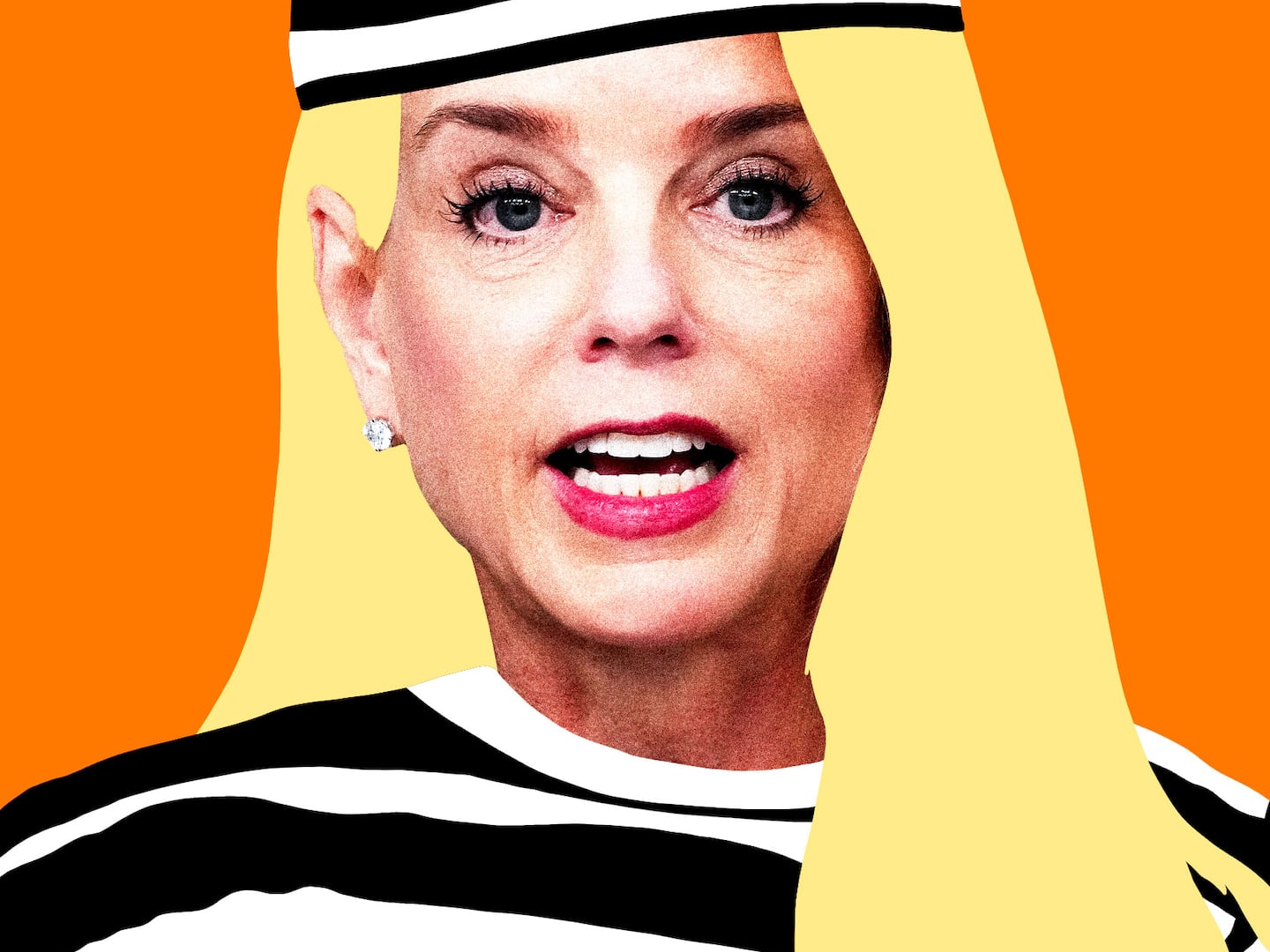Beginning in April 2017, Minnesota suffered its worst measles outbreak in almost 30 years. By May 9, 50 people, mostly children under the age of 5 and almost all unimmunized, had contracted the disease; 11 were hospitalized. Most were American-born children of Somali immigrants. At the time of the outbreak, only 42 percent of the Somalis had been immunized against measles, compared with 88.5 percent of non-Somalis in the community. It hadn’t always been that way. In 2004, 92 percent of the Somali population in Minnesota had been immunized, slightly more than the general community.
What happened?
Between 2004 and 2008, Somali parents living in Hennepin County, Minnesota, became concerned that some of their children were being diagnosed with autism and placed in special classes. What they didn’t know was why.
The first to provide answers was a well-organized group of anti-vaccine activists who showed up at community health meetings, convincing Somali parents that their children had been harmed by the measles-mumps-rubella (MMR) vaccine. Immunization rates started to decline. By 2008, only 70 percent of the Somali population had received MMR, well below the 95 percent threshold required to provide herd immunity.
“The internet and everyone in the community told me MMR causes autism,” said one parent. “Everybody is afraid.”
Then a well-known anti-vaccine activist wrote a letter. In 2008, under the title “An Open Letter to the Somali Parents of Minnesota,” J. B. Handley, the founder of the anti-vaccine group Generation Rescue, urged Somali parents to declare “a state of emergency within your community and create a new vaccine schedule for your kids.” He told Somalis not to trust the Minnesota Department of Health: “a puppet of the CDC.”
Handley explained that Somali children were “simply pawns in this unfortunate corrupt game.” He warned parents that the Minnesota Department of Health was acting out of “denial, corruption, and self-protection,” and explained how parents could legally opt out of vaccinating their children.
In 2011, the inevitable happened. A 30-month-old U.S.-born child of Somali descent visited Kenya and contracted measles. When the child returned to Minnesota, the virus spread through the community, sickening 26 people. In the midst of this outbreak, Andrew Wakefield, the British researcher who had published a paper claiming that MMR caused autism, visited Hennepin County.
Since Wakefield’s publication in 1998, 17 studies performed in seven countries on three continents involving hundreds of thousands of children had all found that his hypothesis had been wrong. MMR didn’t cause autism. Worse, when Wakefield was found to have misrepresented clinical and biological data—and had failed to inform his co-authors that he had received support from a Legal Services Commission in the midst of suing pharmaceutical companies—the journal retracted his paper and the General Medical Council in England revoked his license to practice medicine.
Nonetheless, Wakefield continues to believe that he was right.
In December 2010 and twice in 2011, Wakefield held special meetings with Somali parents. At one gathering, an armed guard barred public health officials and the media from attending.
Later, when Wakefield was asked whether he felt any personal responsibility for the measles outbreak, he said, “The Somalis had decided themselves that they were particularly concerned. I was responding to that. I don’t feel responsible at all.”
Attempts by anti-vaccine activists to influence the Somali parents of Minnesota haven’t ended with a letter from J.B. Handley or visits from Andrew Wakefield. In the midst of the current outbreak, another prominent anti-vaccine activist came to Minnesota to urge parents to resist attempts by public health workers to stop the spread of measles.
On April 30, 2017, Mark Blaxill, a Boston businessman and the author of a book claiming that vaccines were the cause of his own daughter’s autism, showed up in Hennepin County. At a meeting of about 90 people in a Somali-owned restaurant, Blaxill, to loud applause, said that the danger of measles was overstated and that parents should know the risks of the MMR vaccine before vaccinating their children.
“When you hear people from the state public health department saying there is no risk, that [vaccines] are safe, this sort of thing should cause you to be skeptical,” he said. Blaxill warned that the government had lied when it claimed that vaccines didn’t cause autism.
Then he, like J. B. Handley before him, explained how parents could opt out of vaccines. “I’ve seen bullying by government agencies across the country,” said Blaxill, “especially targeting new immigrants, to make them feel that they have no other choice but to go along with an immunization schedule that, in my opinion, is too many too soon for many of these kids.”
To date, the 2017 measles outbreak in Minnesota has involved 70 state workers and cost $207,000. On May 5, 2017, Doug Schultz, a spokesman for the Minnesota Department of Health, said, “We think this could go on for several months.”
One could reasonably argue that Wakefield and Blaxill, by putting Somali children in harm’s way, have abridged their First Amendment right to free speech.
In 1919, in the case of Schenck v. United States, Justice Oliver Wendell Holmes Jr. considered the rights of a man who had been criminally charged with violating the Espionage Act for distributing flyers opposing the draft during World War I. Holmes wrote, “The most stringent protection of free speech would not protect a man from falsely shouting fire in a theater and causing a panic… The question in every case is whether the words [and] circumstances… create a clear and present danger.”
In March 2011 and April 2017, when Wakefield and Blaxill visited Minnesota, measles was a “clear and present danger.” And measles can be deadly. Before the measles vaccine was first introduced in the United States in 1963, every year 48,000 children would be hospitalized with measles and 500 would die from the disease, either from dehydration, pneumonia, or encephalitis. Wakefield and Blaxill also met the criteria for “falsely shouting fire” in that their claims that vaccines cause autism are false.
In a better world, Blaxill and Wakefield, by visiting a community in the midst of an epidemic, offering false information about the consequences of vaccination, discouraging parents from vaccinating their children, and putting children at unnecessary risk, would be held accountable for their actions.
“When someone falsely misleads others into danger,” says Dorit Rubinstein Reiss, a law professor at the University of California Hastings College of Law, “there can be legal consequences. In this case, I can think of a number of criminal offenses that might fit, and parents whose children were harmed may have a valid claim in torts.”
Freedom of speech doesn’t mean the freedom to say whatever you want wherever you want—the consequences be damned.






